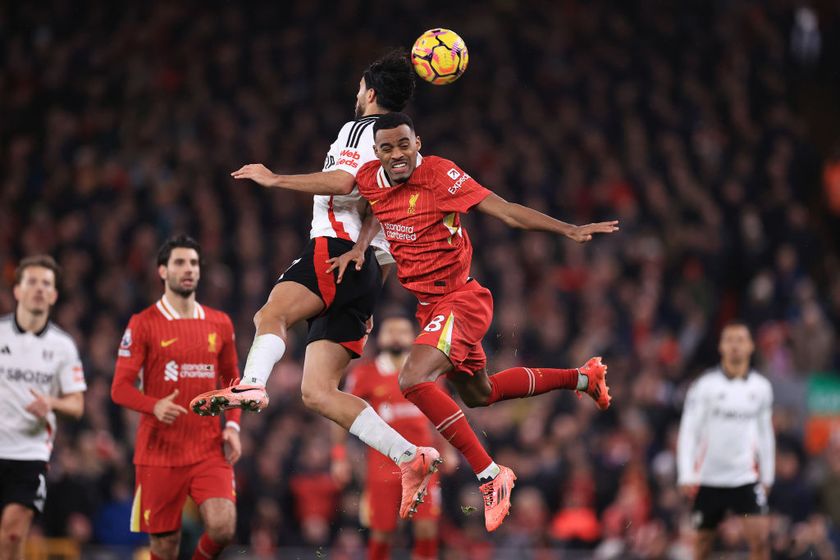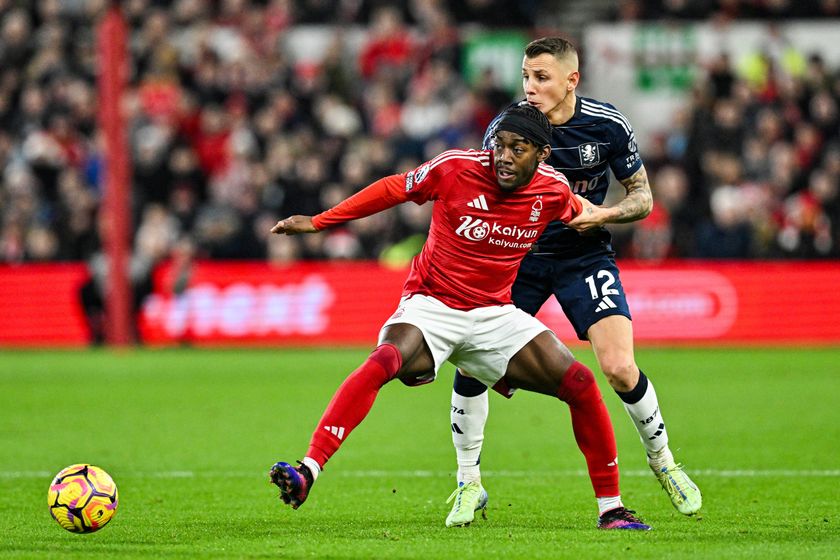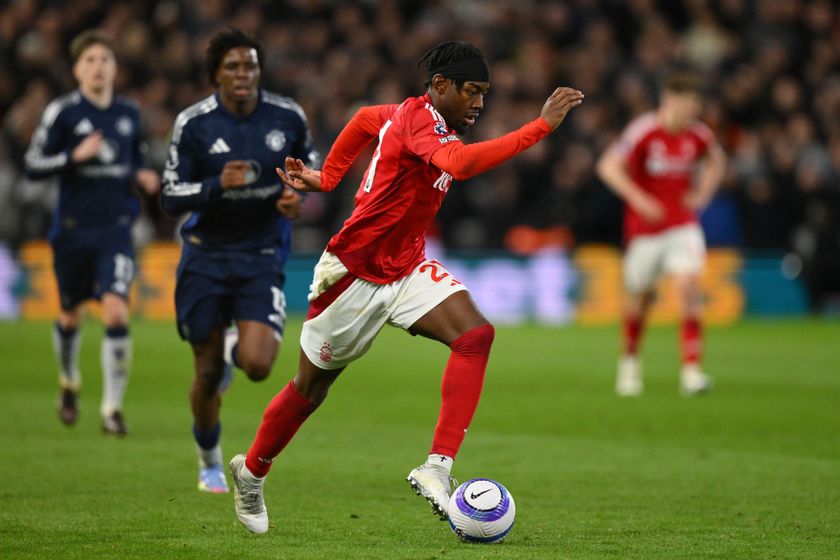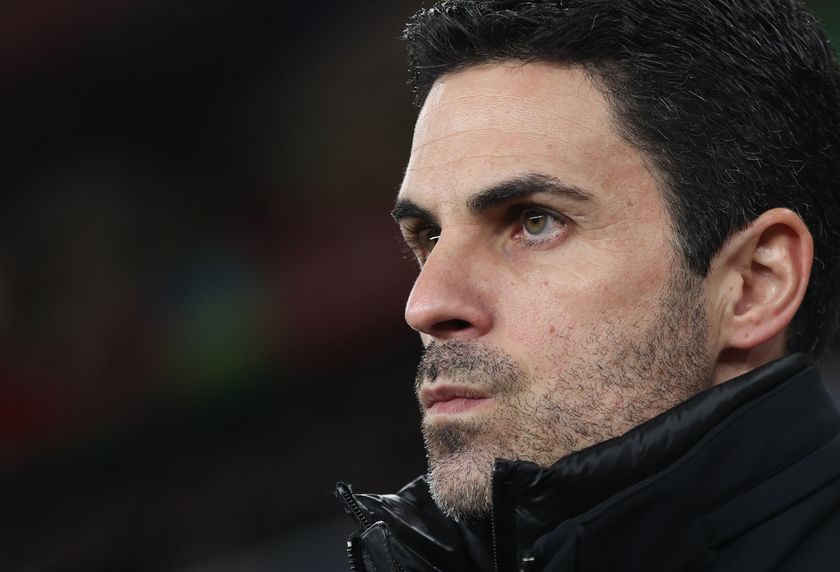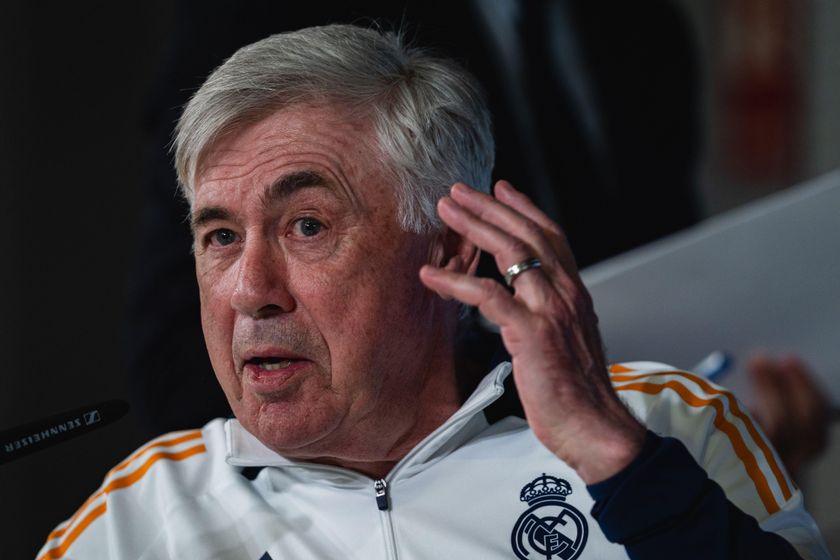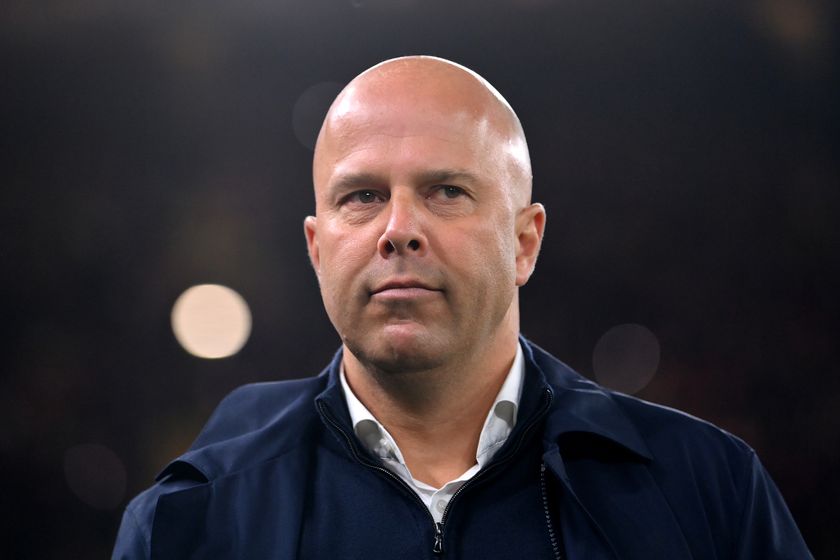The Biography of Leeds United review – A history of revolutions
Journalist Rob Bagchi makes a compelling case for the common traits of Leeds managers Don Revie, Howard Wilkinson and Marcelo Bielsa in his club history

The history of Leeds United provides rich pickings for a chronicler and, in The Biography of Leeds United, Rob Bagchi has picked through it deftly.
Actually ‘rich’ is hardly the mot juste. Several themes recur throughout the history of Leeds United. Lack of money is prime among them.
This club has never been wealthy nor, until relatively recently, well supported. Attempts to finance it often merely created fresh problems.
Other happier motifs recur. Their most successful captains have been diminutive Scots. (Sadly, for fans, the current captain, a Hull-born Scottish international, is 6ft 2in.)
Another is that Leeds are at their best when producing their own players. Revie’s teams showed this. Wilkinson’s iconic title-winning midfield had Batty and Speed. O’Leary’s nearly men, or should that be nearly babies, had home-grown talent at its core.
When Don Revie took over, he insisted the players travelled and stayed in greater luxury, even if the club could not really afford it. Peter Ridsdale had the same idea three decades later as chairman. Bielsa re-opened the cash-strapped club’s swimming pool, closed as an economy, as he felt it being left empty showed the wrong mentality.
It worked for Revie and Bielsa. But not for Ridsdale.
Get FourFourTwo Newsletter
The best features, fun and footballing quizzes, straight to your inbox every week.
Revie’s team became one of the football powers in the land, often finishing in the top two of competitions. Albeit more often as runners up. Defeat at the final hurdle precipitated by incompetent or dishonest refereeing is yet one more dejecting theme in the history of Leeds United.
The board failed to build on Revie’s work when Revie unwisely took the England job.
The side which won the league at a canter in 1974 could have had years of success ahead. Bremner, Giles and Hunter were in their 30s, but the rest were in their 20s bar teenager Frank Gray. Jordan and McQueen were 22; Yorath 25; Harvey, Cherry and Eddie Gray 26; Lorimer and Clarke 27.
Midfielder John Giles, already Ireland’s player-manager, was Revie’s recommendation to succeed him. The board agreed, but only by 3 to 2. Ambivalent towards the job, Giles was reluctant to work for a divided board.
So Brian Clough got the job. In a crowded field, this is comfortably the worst managerial appointment in the history of Leeds United.
Clough was half the manager without Taylor. Clough won League Cups; Clough and Taylor won European Cups. Clough had also openly despised Leeds and their players.
One-man army Clough embarked on an uncivil civil war. He lost. Predictably. But he left with a massive payoff. Coupled with his ill-judged transfer dealings in his 44 days, this left Leeds once again short of cash.
Bagchi ponders what may have happened if Leeds had aped Liverpool. Shankly and Revie left their clubs at the same time. Liverpool appointed from within and went on to even greater heights.
Liverpool’s board went for evolution. Leeds’ one for a revolution.
The Biography of Leeds United has several heroes, many villains. An undervalued hero, in Bagchi’s eyes, is Howard Wilkinson.
Under him, Leeds became almost accidental champions. He built a side, full of experience, to get promotion from the Second Division. This team then finished fourth in its first season in the First Division and won the league the following year.
Wilkinson had a 10-year plan. He understood that Leeds had to develop their own players to compete, and was the brains behind Thorp Arch. But by the time this seed bore fruit, he had long since been sacked and O’Leary was the one to benefit from it.
Leeds’ three most significant managers – Revie, Wilkinson and Bielsa – have much in common.
All three saw the importance of home-grown talent. Bielsa’s scouting reports make Revie’s ahead-of-their-time infamous dossiers look positively slapdash. Sergeant Wilko strove to make his players fitter than anyone else’s, just as Bielsa does. Revie and Wilkinson initially revived their teams by buying a Scot from the league above, who their existing employers believed to be past it, to captain the side.
The history of Leeds United is more often of what has gone wrong rather than what has gone right. Bagchi’s well-written history deftly marries narrative with analysis, opinion and explanation.
Leeds’ footballing history is fascinatingly poised. How will the Bielsa years ultimately pan out? Will the club move on from them more sure-footedly than it did from the Revie and Wilko eras?
Will Bielsa become only the third Leeds manager to win a top competition? Unlikely: Leeds United lack the financial firepower. That same old story.
The Biography of Leeds United by Rob Bagchi, Vision Sports Publishing
Subscribe to FourFourTwo today and get a FREE England Euro 96 shirt!
NOW READ
FOR YOUR HOME Euro 2020 wall chart: Download free with full schedule, fixtures and dates
REFS Euro 2020 referees revealed: who are they, how were they selected and will VAR be in use?

‘I won’t miss Match of the Day as that’s the person I am – I’ve never missed playing football, even though I loved it. The show will be fine – I’m thrilled to be leaving it in good health’ Gary Lineker tells FFT how he’s feeling about the end of an era
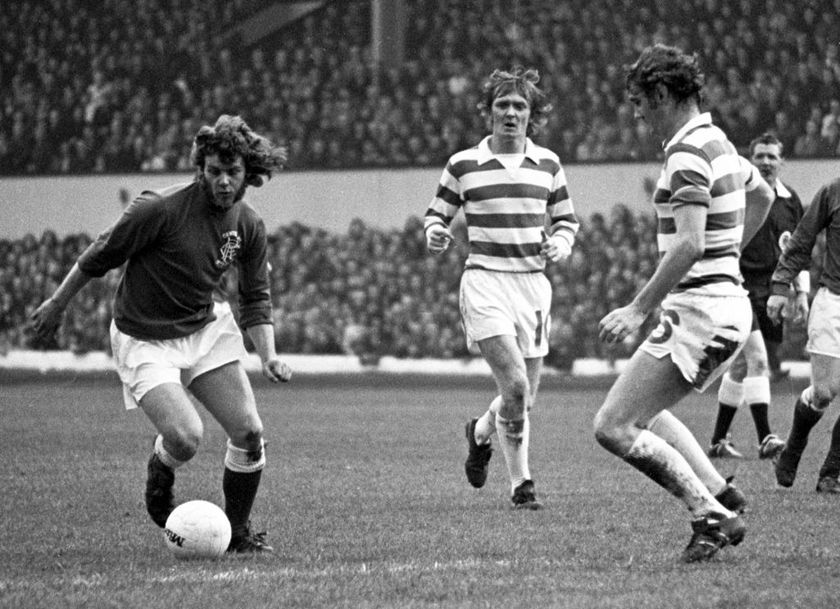
'It was agreed that I’d join Manchester United. So, imagine my surprise when I got off my flight south and heard a Cockney voice saying, "Welcome to Tottenham"': Rangers legend recalls transfer misunderstanding in signing for Spurs
